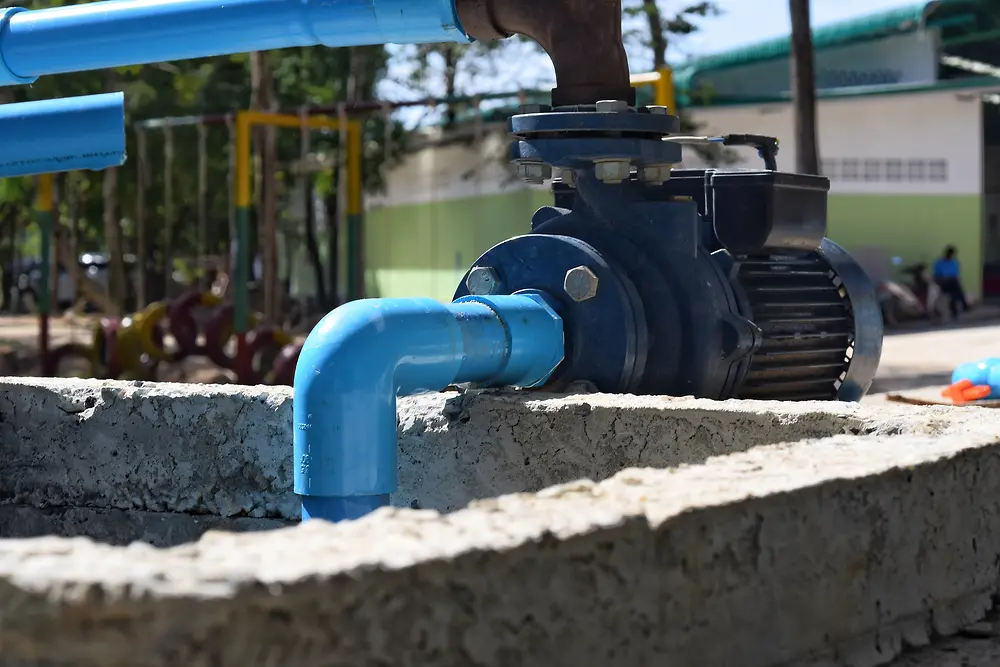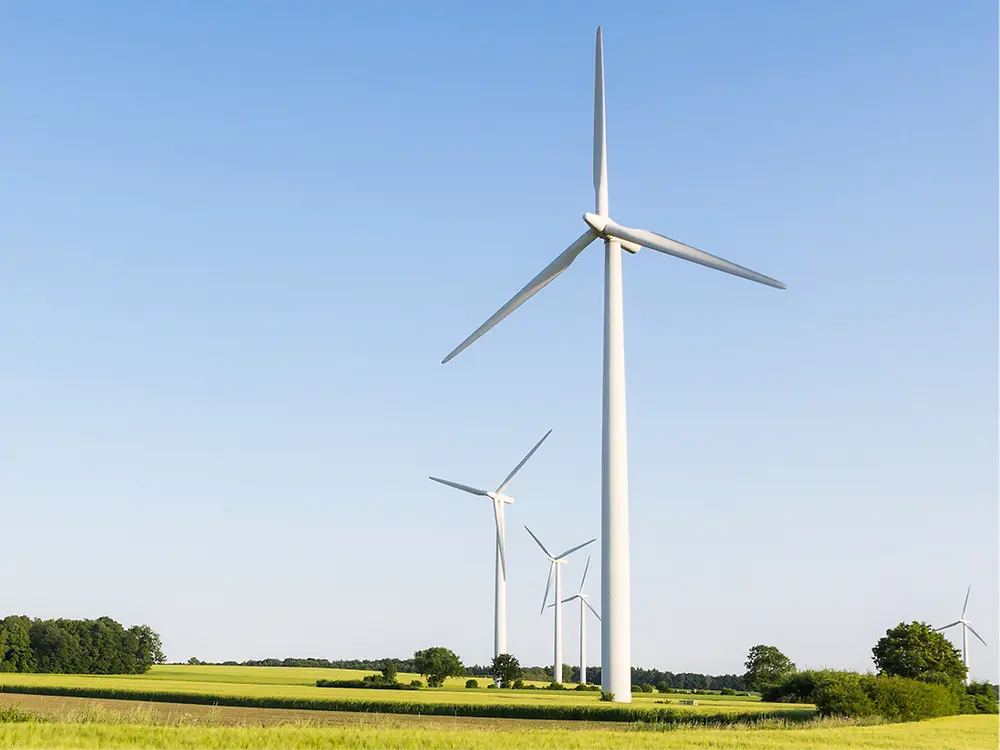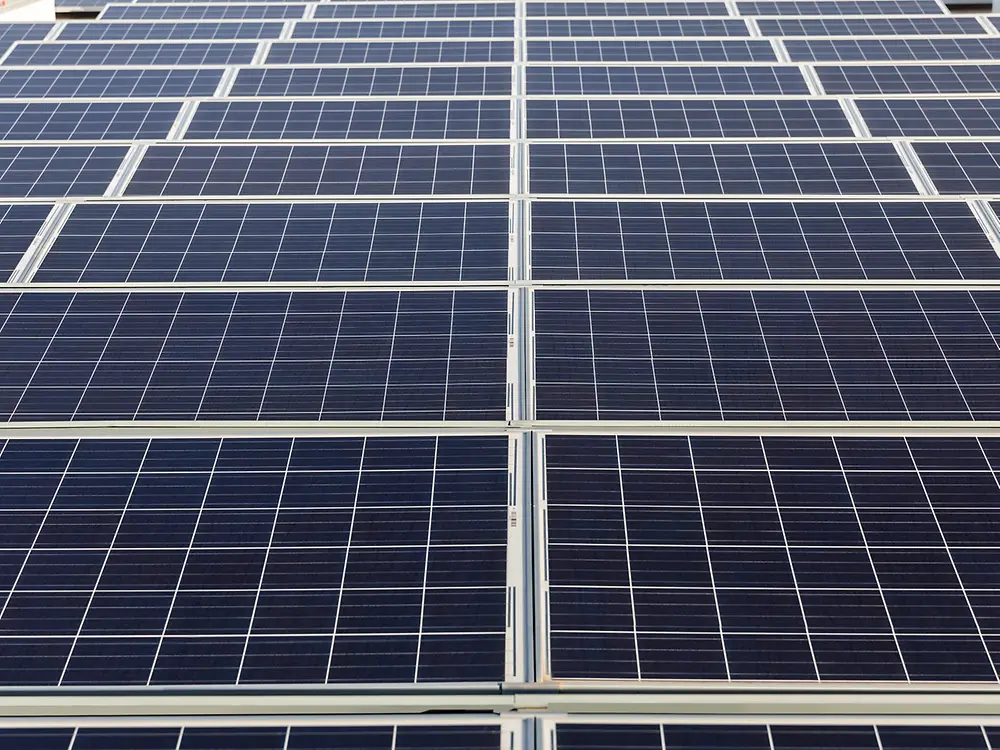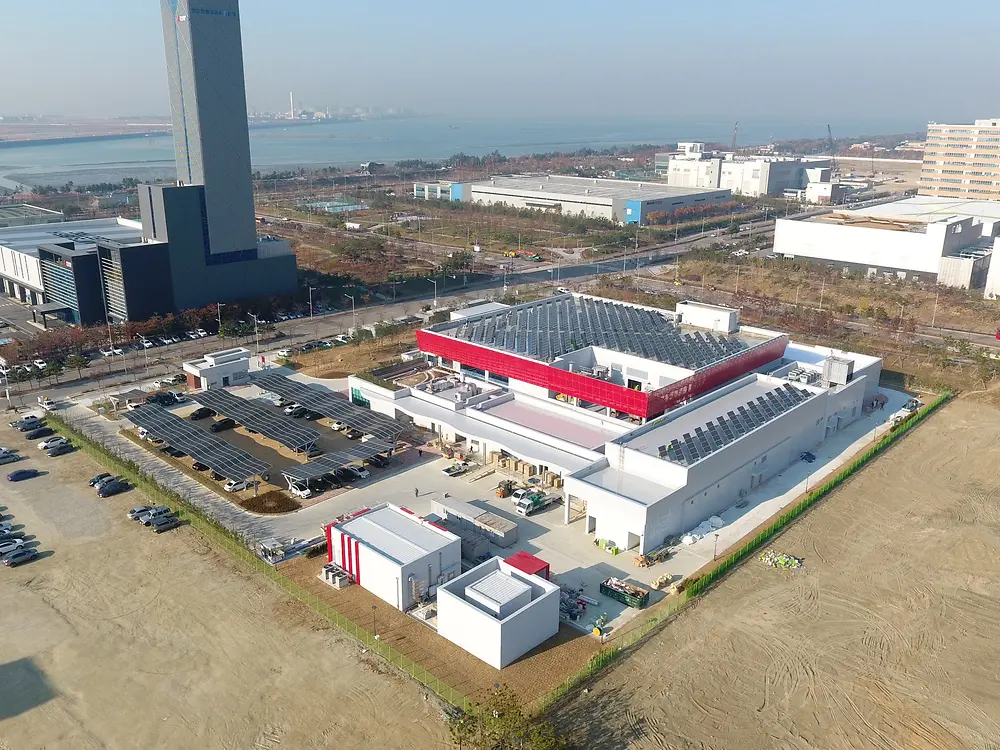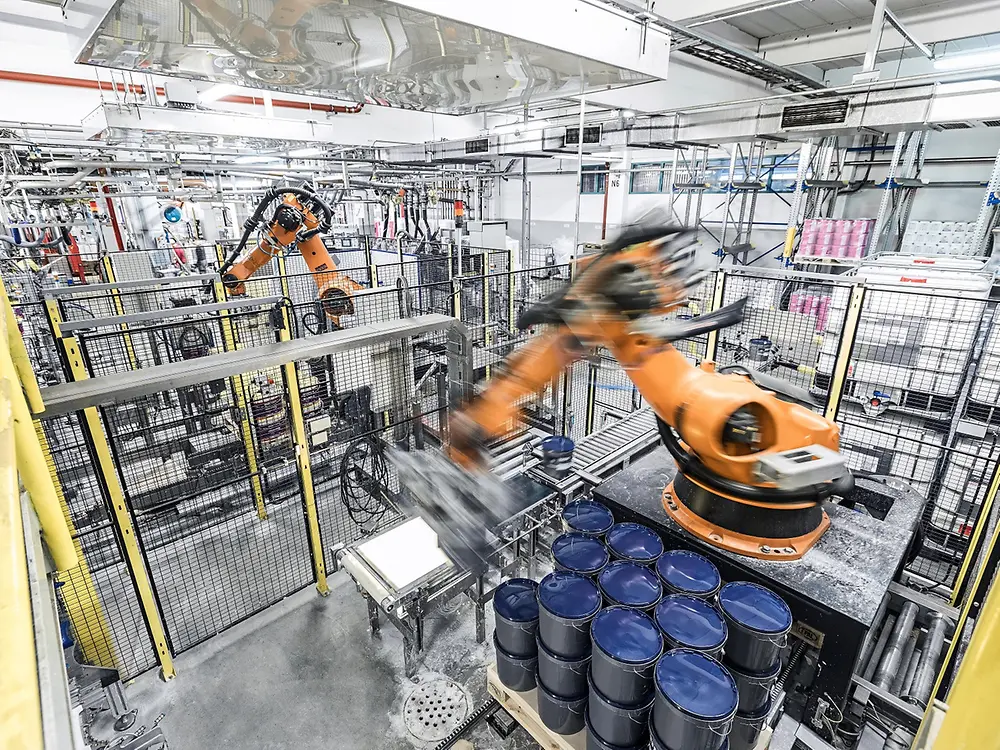Scopri i marchi delle nostre divisioni: Henkel Adhesive Technologies e Henkel Consumer Brands.
21 giu 2021 Düsseldorf / Germany
Henkel Adhesive Technologies is driving progress towards the company`s sustainability goals in operations
Climate positivity, Circular Economy and Social Progress – these are the three pillars of Henkel’s sustainability strategy. Within the Adhesives Technologies business unit, the Global Operations and Supply Chain organization has put strategy into action by investing in different projects around the world that maintain steady progress in each area.
Energy: production and reduction
Henkel has defined the target to become climate positive by 2040. The business unit Adhesive Technologies operates the vast majority of the companies´ manufacturing sites globally. On the way to become climate positive the company aims to reduce its CO2 footprint in production by 75 percent until 2030 and by then using 100 percent of its electricity from renewable sources. Thus, Adhesive Technologies is constantly increasing its efforts to improve energy efficiency. An important building block are global projects to increase the use of solar energy, enabling on-site photovoltaic generation that directly feeds energy into the production sites.
Henkel Adhesive Technologies has implemented a solar energy program some years ago. In China, the project comprises the installation of solar panels at four manufacturing sites located across the country in 2020. Combined, the capacity installed amounts to 1.64 megawatts (MW) and will allow the sites to produce more than 1,700 megawatt-hours (MWh) per year. When building new sites, the business unit already integrates efficiency and renewable energy as early as in the design phase. In South Korea, for example, Adhesive Technologies has built a high-tech facility for electronics that has already started trial production and will be opened in early 2022. The new production facility is equipped with solar panels that meet high standards for sustainability and that incorporate Henkel´s innovative Electrically Conductive Adhesives (ECAs) to maximize power output and optimize reliability. In combination with the use of state-of-the-art technology and a holistic concept including water and waste management as well the new site will be the first chemical manufacturing plant in South Korea to be awarded the LEED Gold certification. With these projects the Adhesive Technologies business unit is further contributing to the increasing global use of renewable electricity at Henkel (56% the end of 2020).
Applying the Circular Thinking Strategy
The site in Drogenbos, Belgium, has recently become the first Henkel plant to be awarded with the International Sustainability & Carbon Certification (ISCC Plus). The ISCC Plus certification has been specifically created to meet the needs of the chemical industry for increasing the use of alternative raw materials based on renewable carbon, especially in the short-term. In order to claim ISCC compliance for a product, every participant in the supply chain from point of origin to trader and storage facility, needs to be certified.
The mass balance approach enables the transition to alternative feedstocks in an economically and ecologically feasible way, which often leads to significant CO2 reductions across the entire value chain. One example for this is the the Aquence PS 3315 ECO product, which is going to be launched at the Drogenbos site soon. By implementing the mass balance concept, Adhesive Technologies can now offer its customers solutions with more biobased and recycled raw materials while also supporting them in their transition to a circular economy and reducing their carbon footprint.
As part of Henkel´s Circular Thinking Strategy, the production site in Jundiaí, Brazil, has implemented a rainwater reuse treatment plant. The lighthouse project will contribute to reducing the footprint of the site as it is expected to reduce the potable water demand by more than one million liters monthly through storing, treating and distributing rainwater. The site in Humen, China, has installed an additional filtration system to discharge wastewater. As a result, the treated water is reused in cooling towers which helps eliminating approximately 6,200 m² of freshwater usage. Henkel is also working on reusing waste from its operations. In Sweden, Adhesives Technologies has partnered with a service provider and is aiming to reuse and avoid up to 230 tons per wood waste annually.
Fostering health initiatives that can save lives
Over the last years, Adhesives Technologies has established the Culture Based Safety (CBS) approach to workplace safety, which uses a communal approach to raise awareness of, prevent, and if necessary, assess injuries. To establish a uniform standard worldwide, all sites are globally trained through onboardings, eLearnings, and workshops. The key driver of this process is the Safe and UnSafe Acts (SUSA) Dialogue – a conversation held between individuals or in groups about a job, task or process. The dialogue motivates all employees to address risk behaviors as they happen to prevent work-related injuries and reinforce positive behaviors.
“Improving our sustainability performance and executing versus our ambitious targets is part of our company´s DNA,” says Luigi Maffucci, Head of Sustainability and Environmental Performance in Operations and Supply Chain at Henkel Adhesive Technologies. “Our efforts for increased energy efficiency, circular economy and improved health and safety not only underline our commitment towards a sustainable future but also help to create a competitive advantage in the industry. We look forward to further accelerate our progress as we all need to act now for tomorrow.”


